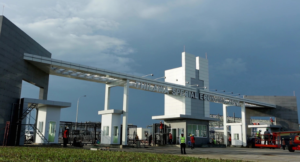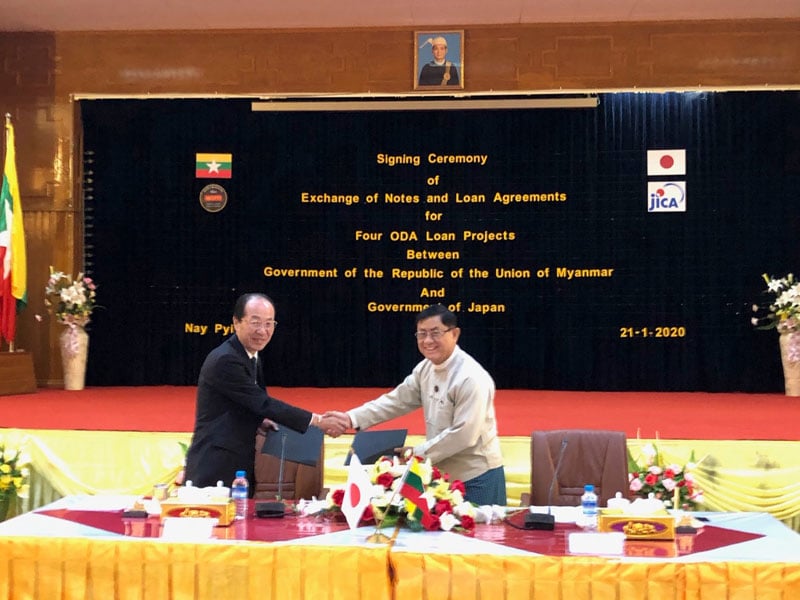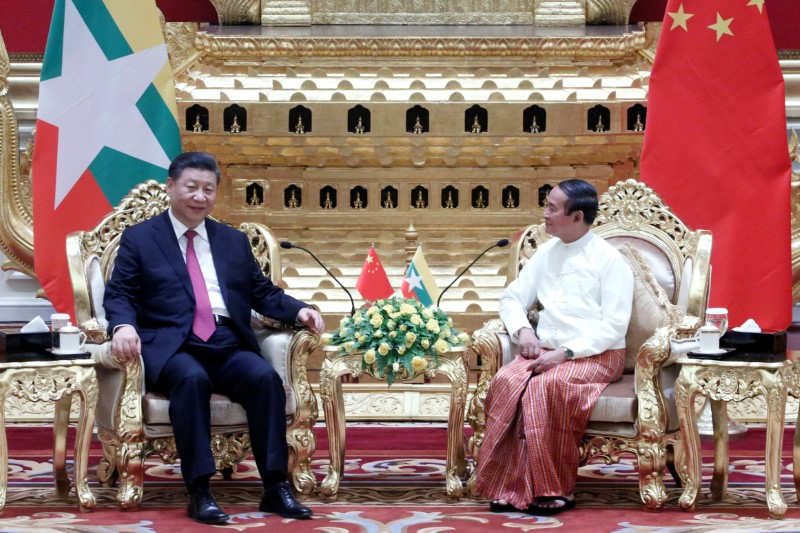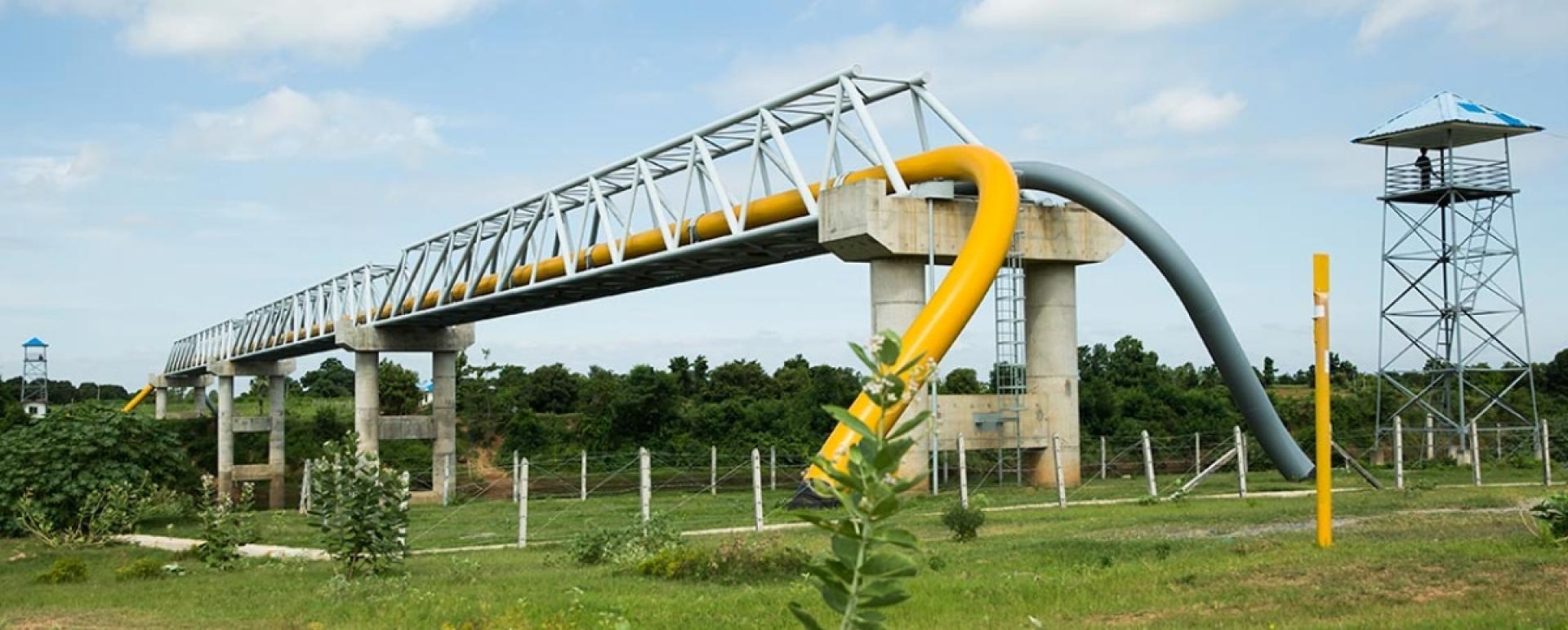Myanmar’s exports of agricultural products between 1 October and 10 January in the 2019-2020 financial year rose to US$998.728 million from $844.747 million in the corresponding period of the 2018-2019 FY, which reflects an increase of $153.98 million.
In the export sector, the agriculture industry performed the best, along with the natural gas sector. The chief items of export in the agriculture sector are rice and broken rice, pulses, corn, and rubber. Fruits and vegetables, sesame, dried tea leaves, sugar, and other agro products are also exported to other countries.
Myanmar agro products are primarily exported to China, Singapore, Malaysia, the Philippines, Bangladesh, India, Indonesia, and Sri Lanka. However, the export market remains uncertain due to unsteady global demand.
According to the Myanmar Rice Federation, quality control and food safety are key to the promotion of exports. Therefore, improved agricultural practices need to be developed.
Additionally, the country requires specific export plans for each agro product, as they are currently exported to external markets based upon supply and demand. Contract farming systems, involvement of regional and state agriculture departments, exporters, traders, and some grower groups are required in order to meet production targets.
The Commerce Ministry is working to help farmers deal with challenges, such as high input costs, procurement of pedigree seeds, high cultivation costs, and erratic weather conditions.
Source: The Global New Light of Myanmar



 Foreign investments of US$76.14 million have flowed into the Special Economic Zones (SEZs), under the Special Economic Zone Law, as of 10 January in the 2019-2020 financial year, according to figures released by the Directorate of Investment and Company Administration (DICA).
Foreign investments of US$76.14 million have flowed into the Special Economic Zones (SEZs), under the Special Economic Zone Law, as of 10 January in the 2019-2020 financial year, according to figures released by the Directorate of Investment and Company Administration (DICA). Japanese tech major NTT is diving into Myanmar’s nascent but fast-growing digital economy with its newly-established subsidiary.The company announced that its subsidiary NTT Myanmar was granted a business-to-business wholesale licence from the commerce ministry to offer ICT solutions in the Myanmar market.
Japanese tech major NTT is diving into Myanmar’s nascent but fast-growing digital economy with its newly-established subsidiary.The company announced that its subsidiary NTT Myanmar was granted a business-to-business wholesale licence from the commerce ministry to offer ICT solutions in the Myanmar market. UK-funded DaNa Facility is launching a fintech challenge in Myanmar to promote further financial inclusion.The Fintech Challenge Myanmar 2020 (FCM2020), open to local and international fintech firms, is organised in partnership with the United Nations Capital Development Fund (UNCDF) and the Asian Development Bank’s ADB Ventures.
UK-funded DaNa Facility is launching a fintech challenge in Myanmar to promote further financial inclusion.The Fintech Challenge Myanmar 2020 (FCM2020), open to local and international fintech firms, is organised in partnership with the United Nations Capital Development Fund (UNCDF) and the Asian Development Bank’s ADB Ventures. Myanmar and Japan signed the four Exchange of Notes for four loan projects, which will be implemented with the loan worth about 120,915 million Yen.The four projects are Yangon Sewerage System Development Project in Yangon, Urban Development Project for the reduction of traffic congestion and the damages affected by the flood in Yangon, the Power Distribution Improvement Project in Yangon and Mandalay and Providing funds to the Regional Infrastructure Improvement Project in Chin, Rakhine, Mon and Kayin states and Taninthayi Region.
Myanmar and Japan signed the four Exchange of Notes for four loan projects, which will be implemented with the loan worth about 120,915 million Yen.The four projects are Yangon Sewerage System Development Project in Yangon, Urban Development Project for the reduction of traffic congestion and the damages affected by the flood in Yangon, the Power Distribution Improvement Project in Yangon and Mandalay and Providing funds to the Regional Infrastructure Improvement Project in Chin, Rakhine, Mon and Kayin states and Taninthayi Region.

 Foreign direct investment (FDI) into Myanmar is expected to grow this year, the Myanmar Investment Commission (MIC) says. FDI into Myanmar in the first three months of fiscal year 2019-20 is double what it was in the same period in the previous fiscal year.FDI in the country shows obvious growth in the current fiscal year.
Foreign direct investment (FDI) into Myanmar is expected to grow this year, the Myanmar Investment Commission (MIC) says. FDI into Myanmar in the first three months of fiscal year 2019-20 is double what it was in the same period in the previous fiscal year.FDI in the country shows obvious growth in the current fiscal year. Myanmar and China inked 33 agreements spanning infrastructure, power and trade during a bilateral meeting between State Counsellor Daw Aung San Suu Kyi and Chinese President Xi Jinping in Nay Pyi Taw. The two countries signed a concession agreement and shareholders’ agreement for the deep-sea port in Kyaukphyu Special Economic Zone, an important asset in the China-Myanmar Economic Corridor (CMEC).
Myanmar and China inked 33 agreements spanning infrastructure, power and trade during a bilateral meeting between State Counsellor Daw Aung San Suu Kyi and Chinese President Xi Jinping in Nay Pyi Taw. The two countries signed a concession agreement and shareholders’ agreement for the deep-sea port in Kyaukphyu Special Economic Zone, an important asset in the China-Myanmar Economic Corridor (CMEC).
